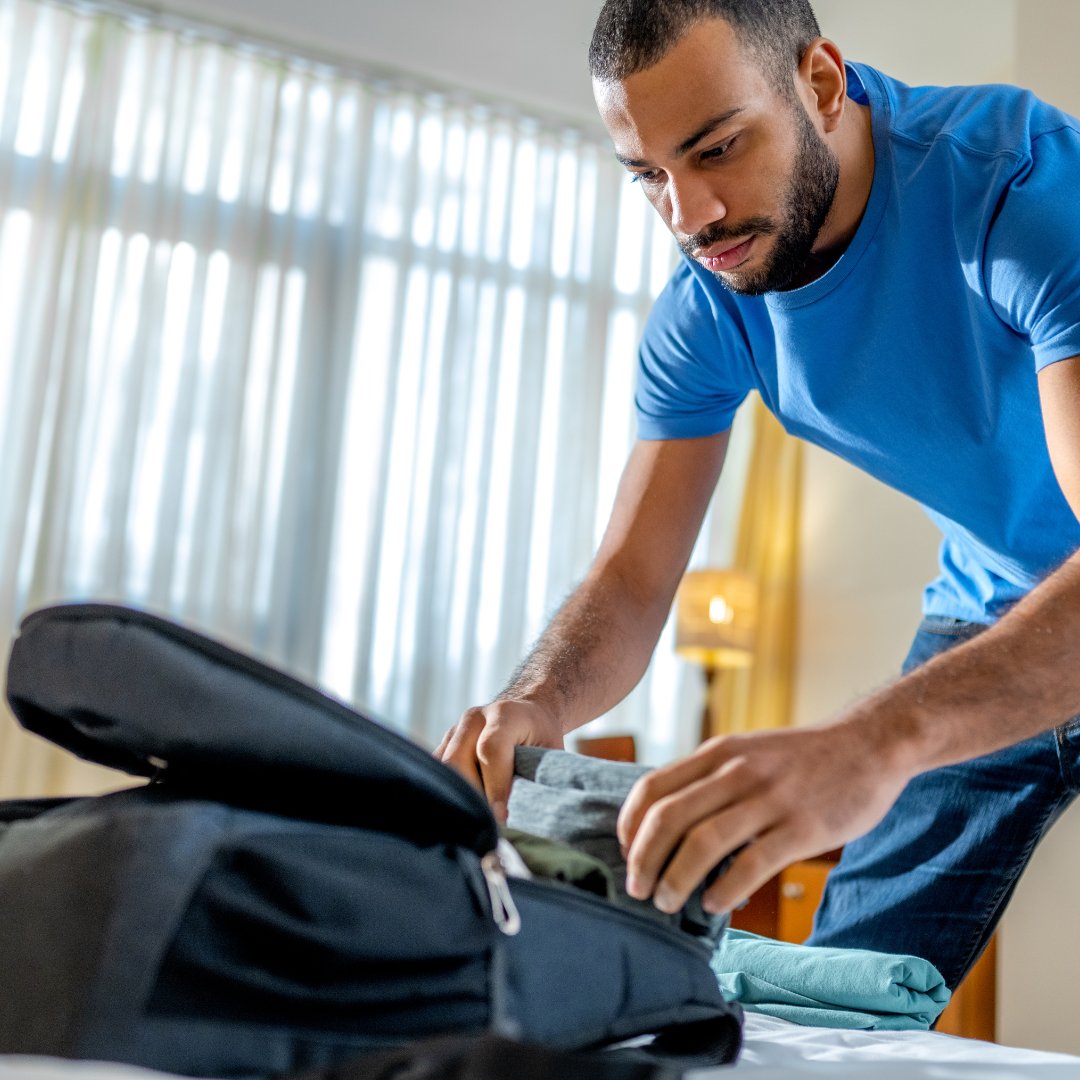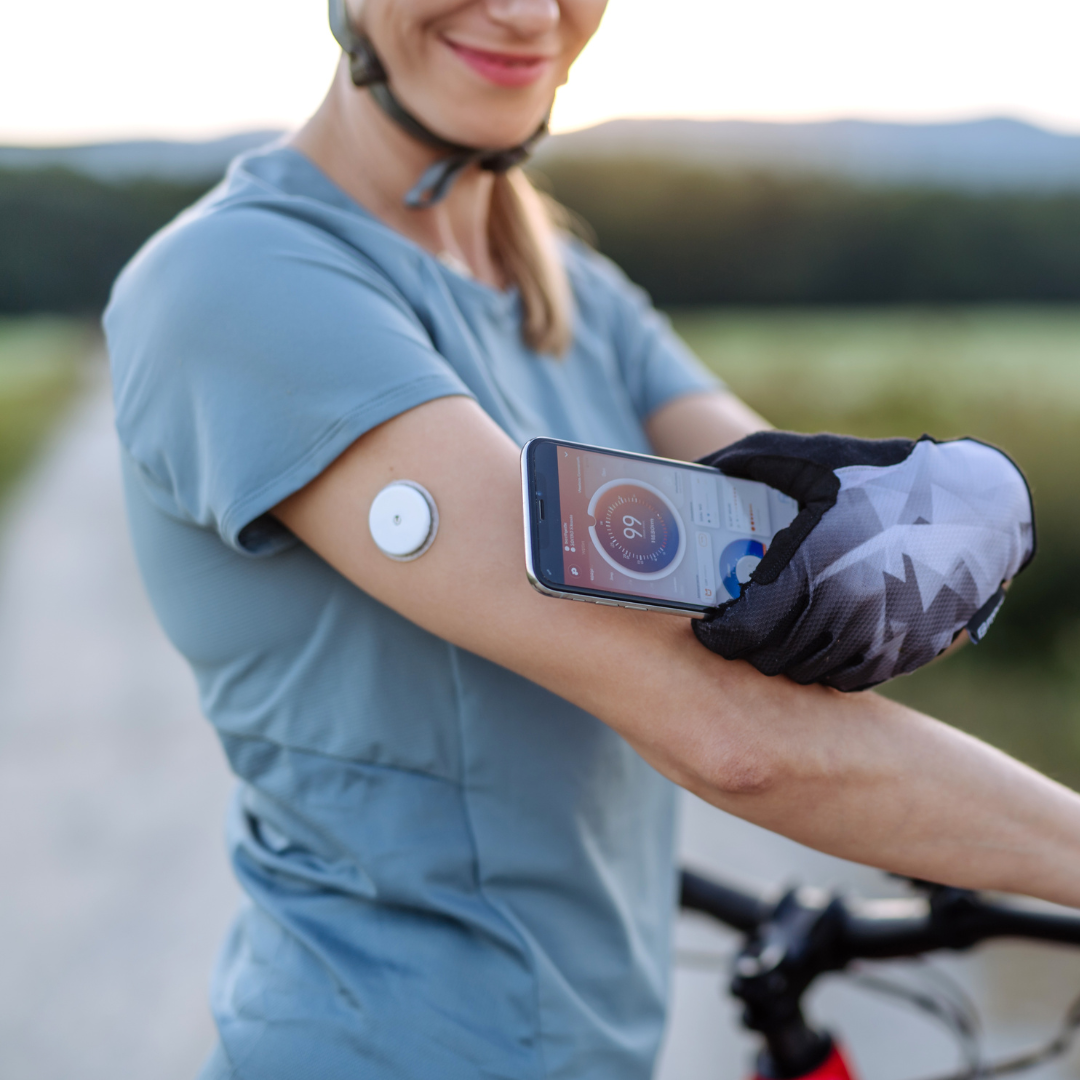Natural Disasters & Your Diabetes: How to Properly Prepare for Any Situation

Natural disasters can happen suddenly. Floods, earthquakes, and tornadoes can occur without warning. Hurricanes can be forecastable, but they can still cause a lot of damage to communities.
Individuals living with diabetes may find it difficult to manage their health when natural disasters strike.
The key to staying safe is being prepared.
Prepare an Emergency Kit – Before You Need It!
Use a waterproof or insulated container to create an emergency kit that includes enough diabetes supplies (Make sure to check the expiration dates of your supplies regularly).
What to include in your kit:
- 30 days of Insulin and/or other diabetes medications. Keep unopened insulin refrigerated
- Keep your insulin cool by using a FRIO Cooling Case or VIVI Cap1. Avoid freezing or extreme heat above 86 degrees
- Insulin delivery supplies (syringes, pens, pump supplies)
- A glucagon kit for individuals who take insulin
- Fast-acting carbs (glucose tabs, juice, honey, etc.) to treat low blood sugar
- Two blood glucose meters with extra batteries and testing strips
- Ketone testing supplies
- Other medications as directed by your doctor
- At least 2 days of non-perishable food & snacks
- At least 3 days of bottled water
A medical Identification card that includes your type of diabetes, list of medical conditions, allergies, and medications. Also include important phone numbers, such as your emergency contact, doctor, and pharmacy
Prescriptions and Medical Records
Keep copies of your prescriptions and medical records within your emergency kit and on your smartphone. This will help you get the medication and care you need if you must leave your home during a natural disaster.
Communication Plan & Emergency Contacts
Make sure your friends, family, and caregivers are familiar with your diabetes and treatment plan.
- Have a communication plan in place. This means knowing who to call or text if you are separated from your caregivers. It may also be helpful to have others in your circle who can exchange phone numbers so they can stay in touch and support you if needed.
- Keep a paper and digital copy of your plan so everyone knows what to do
- Be sure to share your emergency contacts with your loved ones. This includes your doctor, family, and friends.
Identification
Wear a medical alert bracelet or necklace that shows you have diabetes. This can be important if you are not able speak to first responders or medical workers about your medical condition.
Know the Risks
Learn about the natural disasters that happen in your area. Each disaster needs a different plan. For example, earthquakes need you to secure your home and heavy objects, while hurricanes and tornadoes need you to plan to evacuate.
Medication Plan
If there’s an emergency, how will you measure your blood sugar? Do you have the tools you need? If your caregiver is not with you, can you give yourself your medication? How will you manage your food?
Evacuation Plan
If you need to leave your home, make sure your emergency kit is easy to carry. Pack comfortable shoes, a flashlight, batteries, and any other things you need to help you get around.
Medication Storage
Keep your medication in a safe place where it won’t get too hot or cold. Insulin should be stored in the right temperature.
Stay Informed
Know about weather alerts and disaster helplines in your area. You can sign up for emergency alerts on many websites with your email or phone number.
Practice Scenarios
Practice with your family and caregivers what you will do in case of a natural disaster. This will help everyone know what to do.
Community Resources
Learn about the local shelters, detours, routes, and resources in case you need to evacuate. Taking the time to plan ahead can help you stay calm and manage your diabetes during a natural disaster.
Stay safe!
Author: Mary Houle, MSN, RN, BC-ADM, CDCES| CCS Health
This site is for educational purposes only. Talk to your doctor or healthcare provider before making any decisions about your health.
Resources:
Are you prepared to manage your diabetes in an emergency?. American Association of Clinical Endocrinology. (n.d.). https://www.aace.com/disease-and-conditions/diabetes/are-you-prepared-manage-your-diabetes-emergency



